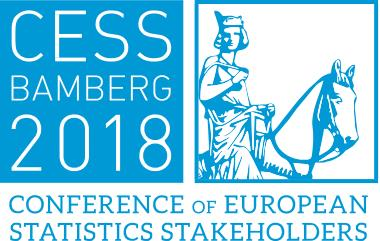A growing fraction of research is nowadays conducted using confidential data, such as
highly‐granular government data which require specific accreditation and controlled secure
access. Analyzing such rich datasets allows researchers to conduct extremely innovative
research programs and to address research questions that they could not address by only
relying on public data; hence significantly pushing the frontiers of knowledge and having a
positive impact on Society.
However, researchers using confidential data are inexorably challenged when it turns to
research reproducibility. Indeed, how can they show that that their research is reproducible
when their peers, referees, editors, etc cannot have access to these unique data? How can
they signal the reproducibility nature of their research?
In this paper, we present a joint initiative conducted in France between the CASD (French
Secure Data Access Center) and cascad (Certification Agency for Scientific Code and Data).
They jointly propose to CASD users to attest that the numerical results in a given scientific
article (tables and figures) can be reproduced from the code and confidential data used by
the researcher. This certification consists in a rigorous evaluation process jointly conducted
by a referee specialized in the software used by the researcher and by an expert from the
particular scientific field (an Editor). At the end of the process, a certification rating is
delivered to the researcher, with RRR being the highest potential rating. The researcher can
transmit the reproducibility certificate along with the manuscript when submitting a paper
to an academic journal. Hence, such certification process enriches the « peer review »
process of research.
